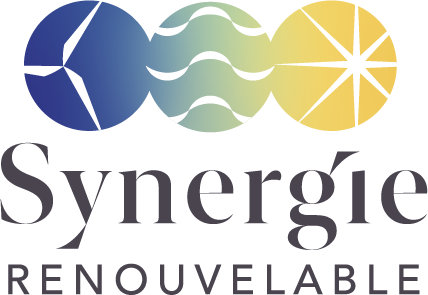Social & environmental impact
Impact assessment at the heart of our projects
The social and environmental impact of our projects is monitored through a three-step process.

Selection of projects

Monitoring of the installation

Impact
Impact Stories
GERES Mali, creation of an economic zone

Social Impacts
- Improvement of people’s living conditions through the availability of new products and services.
Economic Impacts
- An Economic Activity Zone promotes development and allows the creation of wealth;
- Local energy production reduces the monetary deficit and increases other investments for the community;
- Job creation.
Environmental impacts
- Production of 100% renewable energy.
Mozambique, Humana People to People

Social Impacts
- Improving educational conditions: access to extended studies and higher diploma levels.
Economic Impacts
- Development of entrepreneurial activity, therefore generating additional income;
- Valuation of local companies;
Environmental impacts
- Reduction of greenhouse gas emissions;
- Promotion of renewable energies.
Burkino Faso, Lumière pour tous

Social Impacts
- Improvement of educational conditions for students and teachers,
- Integration with other students, who come to use the classrooms,
- Maintaining social links between residents through the recharging of telephones,
- Promotion of education through evening parent meetings and actions to raise awareness about AIDS.
Economic Impacts
- The solar charging station is a source of income for schools,
- The inhabitants learn a new profession thanks to the training provided by the association.
Environmental impacts
- Promotion of renewable energies
- Creation of a stable and sustainable energy source.
Monitoring
Long-term project monitoring is a must
As early as 2016, we decided to set up 360° monitoring of our electrification projects. This begins with the study phase of the project with the definition of objectives, continues in the installation phase with the training of local partners, and continues with performance monitoring- or with a maintenance contract from a local company. This system makes it possible to perpetuate the installations and ensure that the project has a real and lasting impact.
Our experience as an NGO energy company, in permanent contact with the expertise of the European renewable energy sector, allows us to support both decentralised electrification projects and micro-projects over time. We attach great importance to the sustainability of the projects we support. To this end, we support the associations in the maintenance phases, which include the maintenance, control and monitoring of solar installations.
Maintenance drastically increases the service life of installations, in particular, with predictive efforts in up-keep and control. Maintenance includes cleaning solar panels (especially in Sahelian areas where dust stagnates on the panels); battery levels and cable maintenance, and potential shading to block sunlight. It is also essential to check the proper functioning of the installation under the conditions predefined in the specifications: state of the battery chargers and power outputs.
Similarly, monitoring makes it possible to visualize the electrical flows of the installation on an online platform. Thus, it is possible to monitor the electricity production of solar panels and the state of charge of batteries on a daily basis, and therefore to take action very quickly in the event of a malfunction.
The associations encounter technical difficulties related to the equipment but also to the connectivity of the installations (telecom network absent, no Internet).Thanks to the experts around us, it is with great pride and energy that we deploy the innovation and expertise of the renewable energy sector in the field.
For example, the link below illustrates a solar installation monitoring report on the school electrification project with the NGO Bayon School in Cambodia:

